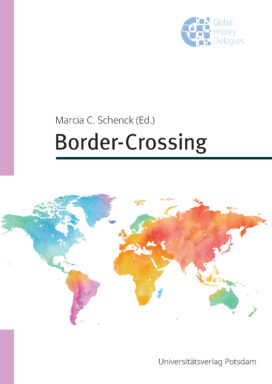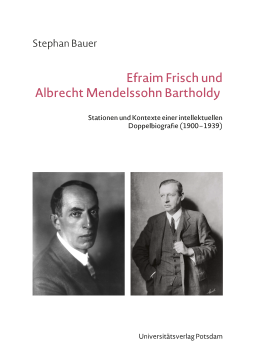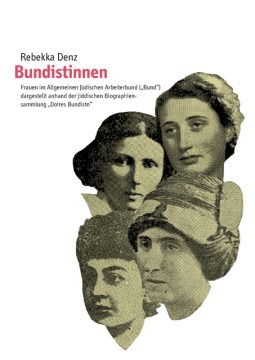Global History Dialogues: Border-Crossing aims to provide a platform for showcasing the role that oral history can play in diversifying the vantage points from which, about which, and through which we approach global history. Border crossing is conceptualized as extending beyond the mere physical act of traversing administrative and political boundaries. It encompasses social, and cultural, real and imagined, material and intellectual crossings, providing a nuanced understanding of the multifaceted nature of border dynamics.
This open access book purses three goals. Firstly, it enables student-researchers from South America, Asia and Europe, to uncover microhistories that are close to their hearts and communities and yet resonate with global border-crossings. Secondly it provides space for educators of oral global history to reflect on their practice in nontraditional classrooms. Thirdly, it holds space for guest contributors from the University of Potsdam, who share intimate reflections on displacement, emplacement and life across borders. These conversations generate innovative deliberations about the possibilities and limits of the nexus between oral history, global history, student-research, and pedagogy.
The medley of voices included in this volume speaks from multiple perspectives. The linchpin bringing many of the authors together is the Global History Dialogues project of the Global History Lab at the University of Cambridge. This timely intervention contributes to rethinking the way we tell and teach global history and oral history and, in the process, invites the reader to consider multiple ways of negotiating, overcoming, and transforming borders.
gestellt an Prof. Dr. Marcia Schenck, Herausgeberin und Mitautorin





